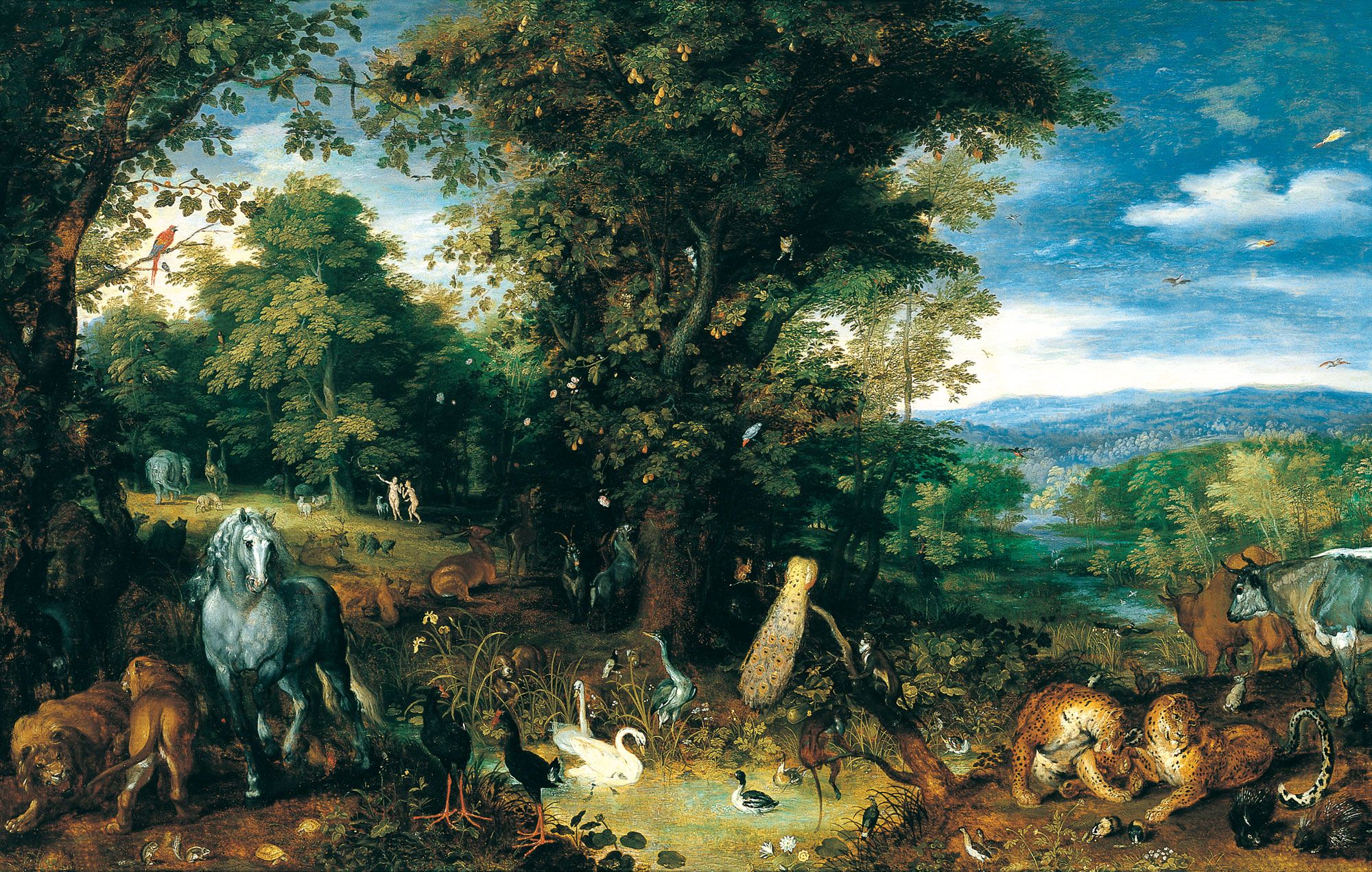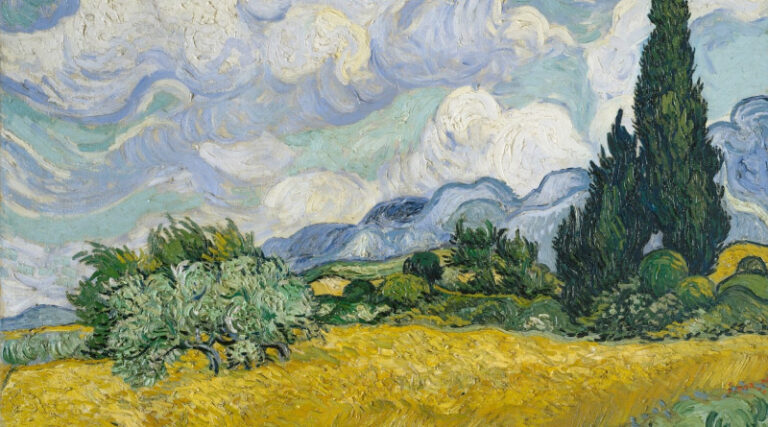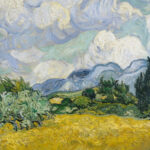1 Peter 1:24: “All people are like grass, and all their glory is like the flowers of the field; the grass withers, and the flowers fall, but the word of the Lord endures forever.”
1 Peter 1:24 above speaks to the fragility of life. James 4:14, also addresses this, remarking, “Yet you do not know what tomorrow will bring. What is your life? For you are a mist that appears for a little time and then vanishes.”
We are proficient at ignoring this truth, that is, until we confront the death of someone special.
Such was the issue this week as my wife’s sister departed from us.
Barbara
Barb was a year younger than my wife, Sharon, and of her seven other siblings, probably the closest. She had to be. They lived and played in the same bedroom from infancy and attended the same schools through high school. They married and had children around the same time. Their lives were intertwined. When Sharon accepted Christ as her Lord and Savior, one of the first persons she confided in was her sister, Barb. Later, I was privileged to share the truth of the gospel with Barb, and as Paul states in 1 Corinthians 3:6, “I planted, Apollos watered, but God gave the growth.” Barb did give her life over to Christ, and the proof of her conversion was evident in her daily walk after the miracle of redemption.
Sadly, Barb developed dementia several years ago. Dementia is a general term for a decrease in mental ability severe enough to interfere with daily life. For Barb, the condition was devastating. It resulted in a severe decline in her cognitive functions, such as memory loss, problem-solving, changes in behavior and personality, and difficulties with daily tasks. Barb was placed in a home, but it was like our Barb was never really living there.
The life expectancy of someone with dementia can vary greatly depending on the individual, the type and stage of dementia, and their overall health. On average, people with dementia may live for 4 to 8 years after diagnosis. True to form, Barb fit right in with this prognostication. Ultimately, she suffered a fall, slipped into a coma, and died within days.
As alluded to earlier, she then went home to be with her Lord.
Man’s Life Expectancy
In Genesis 5:27, it is reported that Methuselah, who lived during the antediluvian period before the Great Flood, was 969 years old. He was the world’s oldest living man. The Bible records several individuals in the genealogy of Genesis who also lived for centuries before the lifespan of humans began to decrease. Aside from the antediluvian period, the Bible records the average longevity of humans in Psalm 90:10, which declares, “The years of our life are seventy, or even by reason of strength eighty.” That remains true to this day.
Scripture teaches that man has a dual nature—a mortal physical body that will eventually die and an eternal soul or spirit. This truth is expressed in passages such as Ecclesiastes 12:7, which declares, “And the dust returns to the earth as it was, and the spirit returns to God who gave it.”
Other verses support this eternality. John 3:16, the well-known verse, claims, “For God so loved the world, that he gave his only Son, that whoever believes in him should not perish but have eternal life.” Finally, Romans 6:23 promises, “For the wages of sin is death, but the free gift of God is eternal life in Christ Jesus our Lord.”
But this eternality is not only for those who are redeemed; Matthew 25:46 states, “And these will go away into eternal punishment, but the righteous into eternal life.” Revelation 14:11 also speaks to the infinity of those who face condemnation, “And the smoke of their torment goes up forever and ever, and they have no rest, day or night, these worshipers of the beast and its image, and whoever receives the mark of its name.”
Finding Purpose
God has neither a beginning nor an ending, as supported in Psalm 90:2, which remarks, “Before the mountains were brought forth, or ever you had formed the earth and the world, from everlasting to everlasting you are God.”
In contrast, each individual has a beginning, yet with no end. We all come into this world with an expected physical lifespan of 70-80 years in which to make our mark. We fall in love, marry, have children, and commit to a vocation. Some are wiser, more powerful, or more noble. They are written about, discussed, and photographed. Others are less so; only their closest friends and family admire, love, or even know of them. Such was the earthly life of Barb. She was not a noted author, Wall Street titan, or political elite; she was a wife, mother, sister, and child of God.
That final characteristic, “child of God,” is what results in a life expectancy of eternal reward.
That’s finding purpose.









